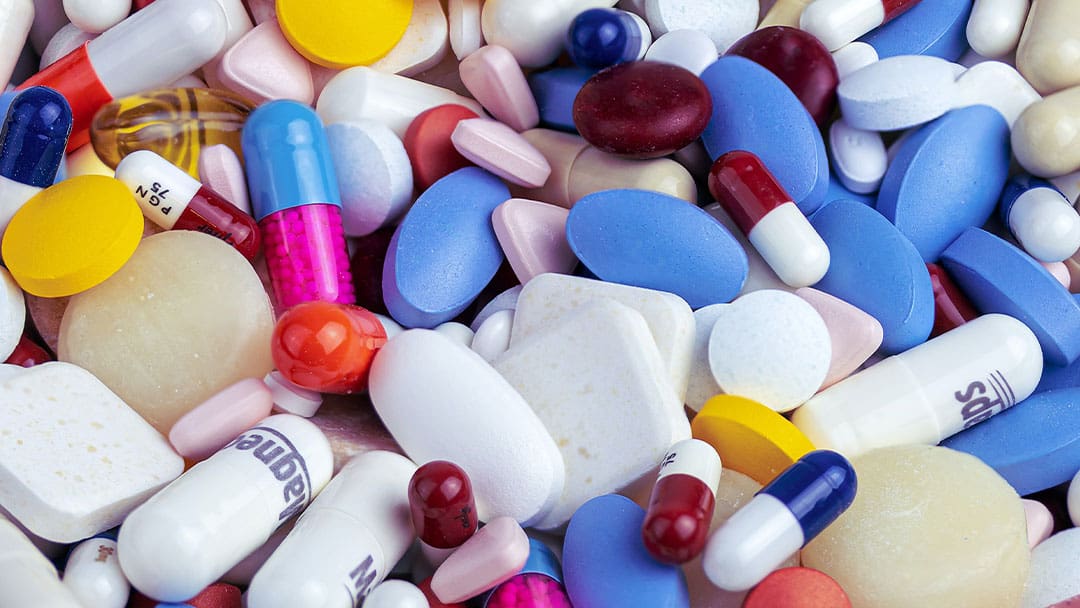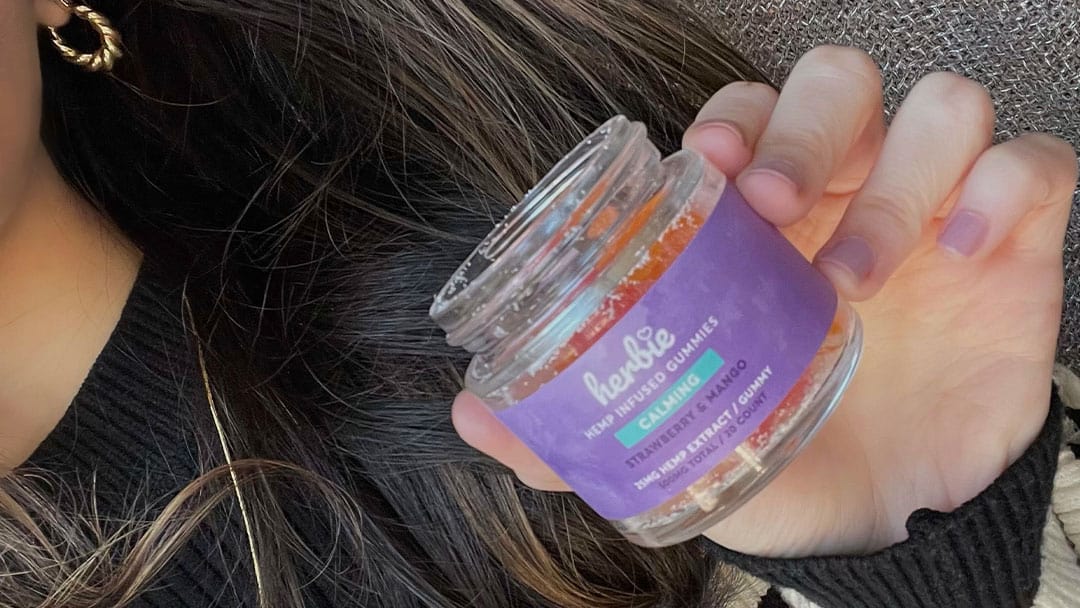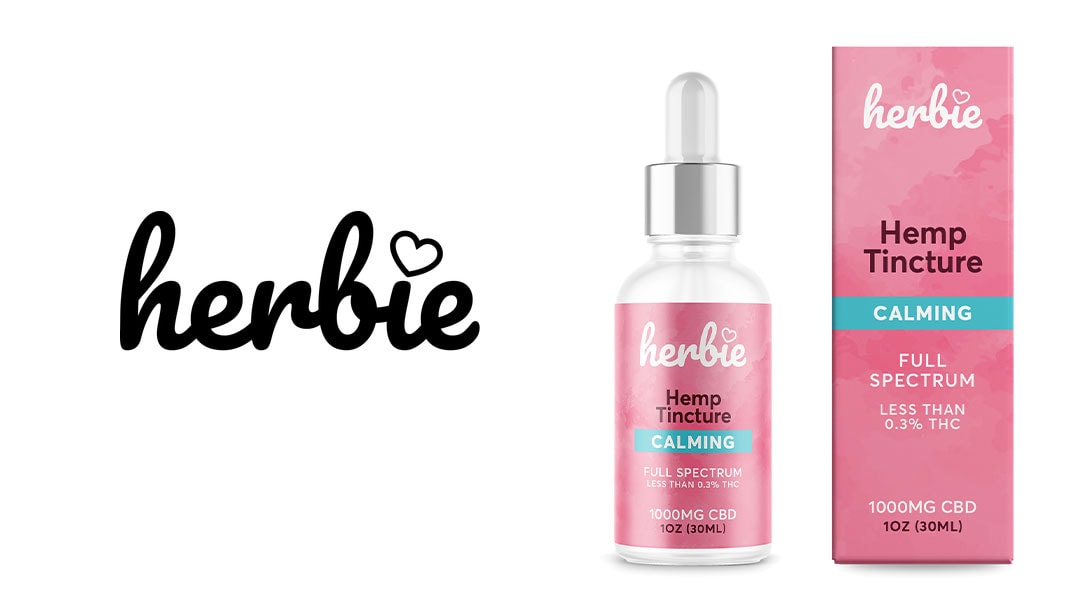What Drugs Should You Not Take With CBD?
Are you curious about trying CBD for its potential health benefits but worried about potential interactions with your medication?
With studies showing a broad range of therapeutic benefits that CBD can provide, it's spurred in popularity recently. CBD is a natural compound that may help relieve a variety of symptoms and allow for a safe, effective way to manage different conditions.
We'll cover how CBD interacts with common drugs and medications and explain which ones you shouldn't take with CBD.
Related: How Long CBD Stays In Your System

The Basics to Understand About CBD
Cannabidiol (CBD) is a natural compound that comes from hemp and cannabis plants. This naturally occurring substance is commonly used in oils, topicals, and capsules and taken for its range of potential health benefits, like stress and anxiety relief.
Unlike its relative THC, CBD does not impart psychoactive effects when taken. That means CBD shouldn't make you feel sedated, altered, or high in any way.
Why Shouldn't You Take Some Medications with CBD?
With CBD rising in popularity and studies showing promising potential for health benefits, many people are trying it for the first time. However, CBD is still a biologically active compound and can have unintended interactions with different supplements, herbal products, and medications.
CBD Can Alter Other Drugs
Most medications get broken down in the liver, and CBD can compete for or interfere with the enzymes responsible. This can cause an effect called altered concentration, leading to either too much or not enough of a drug in your body. With altered concentration, your medication may not work properly, or you might see an increased risk of getting side effects.
This kind of drug interaction can be hard to predict, but it can cause unpleasant or serious health problems. Penn State College of Medicine researchers identified 57 medications that can cause a dangerous altered concentration; however, every drug on the list might not be affected by CBD products, as some only interact with THC.
Some potentially serious medication interactions with CBD include:
- Warfarin, a common blood thinner
- Amiodarone, a drug that affects the heart rhythm
- Levothyroxine, a thyroid medication
- Valproate, lamotrigine, clobazam, and other seizure medications
It Can Cause Double Side Effects
While CBD is generally considered safe, it can cause some side effects like lightheadedness, dry mouth, and drowsiness. In addition, when taken with medications that have the same side effects, it can increase the risk of doubling up on those symptoms. For example, if you take CBD with a drug that causes sleepiness, it can increase the fatigue you feel. It also happens with some herbal supplements, like kava and melatonin.
On the other hand, taking CBD with a stimulant can lead to a decreased appetite, and taking it with heartburn or diabetes medications can increase your risk of diarrhea.
Related: The History of CBD

What Drugs Interact Negatively With CBD?
CBD gets metabolized by enzymes called cytochrome P450, and according to Indiana's University Department of Medicine, medications that may interact with CBD negatively include:
- Sulfonylureas
- Steroids and Corticosteroids
- Prokinetics
- Proton-Pump Inhibitors (PPIs)
- Oral Hypoglycemic Agents
- Non-Steroidal Anti-Inflammatory Drugs
- Immune Modulators
- HMG CoA Reductase Inhibitors (Statins)
- HIV Antivirals
- Calcium Channel Blockers
- Benzodiazepines
- Beta-Blockers
- Anesthetics
- Antipsychotics
- Antihistamines
- Anticonvulsants & Anti-Seizure Medications
- Antidepressants
- Antibiotics
- Antiarrhythmics
- Angiotensin II Blockers
Common CBD Interactions With Medications
Next, let's talk about some of the most common medications that CBD can interact with. If you regularly take any of these medications, you should always ask your doctor before starting a CBD routine.
Ibuprofen and CBD
Ibuprofen is one of the most common NSAIDs used for pain relief and inflammation. All NSAIDs can potentially interact with CBD negatively, and ibuprofen is widely used worldwide.
However, a study performed by the Journal of Neurology Research found no reported interactions between ibuprofen and CBD, but that doesn't mean they don't exist. Some health experts suggest that interactions depend on dosages. At high doses, it's possible that Ibuprofen and CBD can lead to unforeseen, potentially serious health issues.
Antibiotics and CBD
While there aren't any known interactions between antibiotics and CBD, they can occur if the antibiotic gets metabolized through the same enzyme system as CBD. Some studies have indicated that CBD and antibiotics can amplify the effects of each other without negative side effects; however, we still need to see more research to confirm those findings on a large scale.
Adderall and CBD
Adderall, a common ADHD treatment medication, May potentially interact with CBD. In 2020, a study found that users of medical cannabis required lower doses of ADHD medication. And products with higher concentrations of CBD led to lower ADHD scores.
That study showed that CBD could interact with these medications and decrease their efficacy but provide additional benefits. The most common side effect of this interaction is a decreased appetite.
Thyroid Medications and CBD
While we couldn't find any formal studies about CBD interacting with thyroid medication, both are processed by the same enzyme system. So, there is a potential for interaction between the two medications causing hyperthyroidism if your body begins to secrete more thyroxine than it could metabolize. In addition, some people reported feeling mildly nauseous when taking thyroid medication and CBD products together.
Prednisone and CBD
Prednisone and other corticosteroids are inhibitors of the cytochrome P450 enzymes, like CBD, meaning that they can interact. Interactions could include an increased risk of systemic side effects. Typically, corticosteroids should not be taken in combination with CBD.

The Bottom Line: Consult With Your Doctor
CBD can potentially interact with a variety of medications, including herbal products, prescriptions, and over-the-counter drugs.
And there are some medications you should never take with CBD and some that may need a modified dosage to prevent issues. Many factors affect drug interactions, including CBD doses, medication doses, and any underlying health conditions.
Related: Cannabinoids & Terpenes Explained
So, if you're considering starting a CBD product routine, you should always mention it to your doctor first, especially if you're taking any other medications. Pharmacists are also a great resource to help you learn more about any potential interactions with herbal products, supplements, or medications. Even though CBD is natural, don't assume that it's safe to take in addition to your current medicines.
Considering trying CBD to see if it can help you? Welcome to Herbie—your source of high-quality CBD and hemp products!
